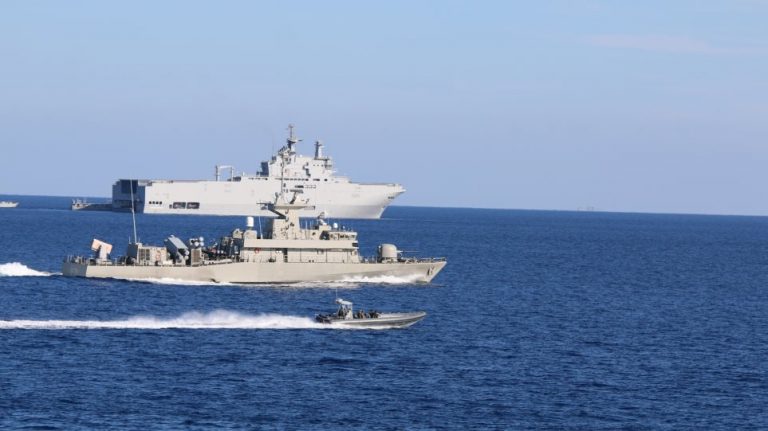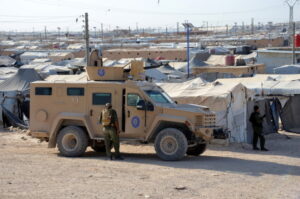Israeli Prime Minister Benjamin Netanyahu recently flew to Saudi Arabia on an unprecedented visit. Although the full details of the visit are disputed, the high-level trip showcased how rapidly Israeli ties with several Gulf countries are improving. The same week saw the first commercial flight from Fly Dubai land at Ben-Gurion Airport outside Tel Aviv, and saw a delegation from Bahrain in the country to discuss coexistence and religious freedom. This is part of an emerging alliance between Israel and the Gulf that increasingly includes partnerships that span from Greece to India, as like-minded countries unite against similar threats or shared strategic needs.
The ties between Israel and the United Arab Emirates (UAE) became public this summer as part of a wider Abraham Accords pushed by the Trump administration. Secretary of State Mike Pompeo was in the Middle East in the third week of November cementing these ties, and the Netanyahu meeting in Saudi Arabia was linked to Pompeo’s trip. However, what is unique in the developments is how much warmth there is between these countries, amid discussions of how they share similar strategic interests. These interests include opposition to Iran’s aggression and concerns over Turkey‘s ties to groups like Hamas, whose leaders Ankara hosted twice this year.
Thief shot the glass door of a jewellery store to escape (dramatic video)
Over 2,000 African migrants on Turkish coast ready to enter Greece (photos)
It is no surprise that the same month that saw the high-profile meetings with Israel’s new Gulf friends also saw Iranian Islamic Revolutionary Guard Corps forces in Syria plant an improvised explosive device on the Golan Heights on November 17. Days later, the Iranian-backed Houthis in Yemen also used drones, and then missiles, to attack Saudi Arabia.
Read more: Newsweek
Ask me anything
Explore related questions





